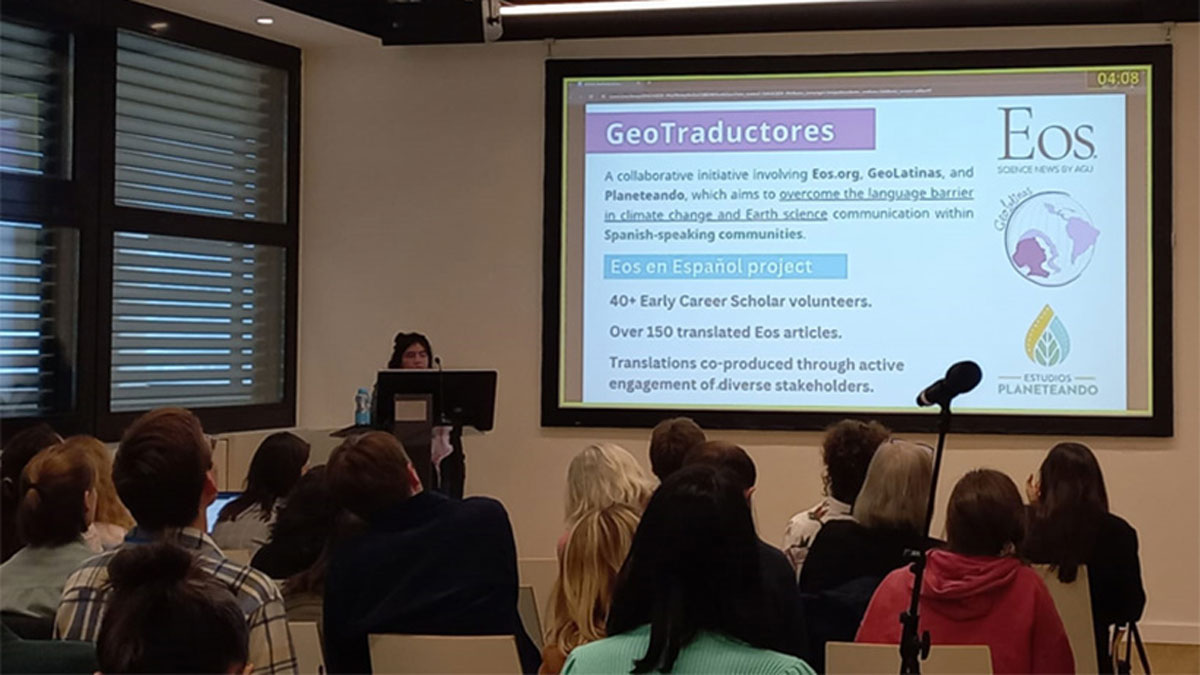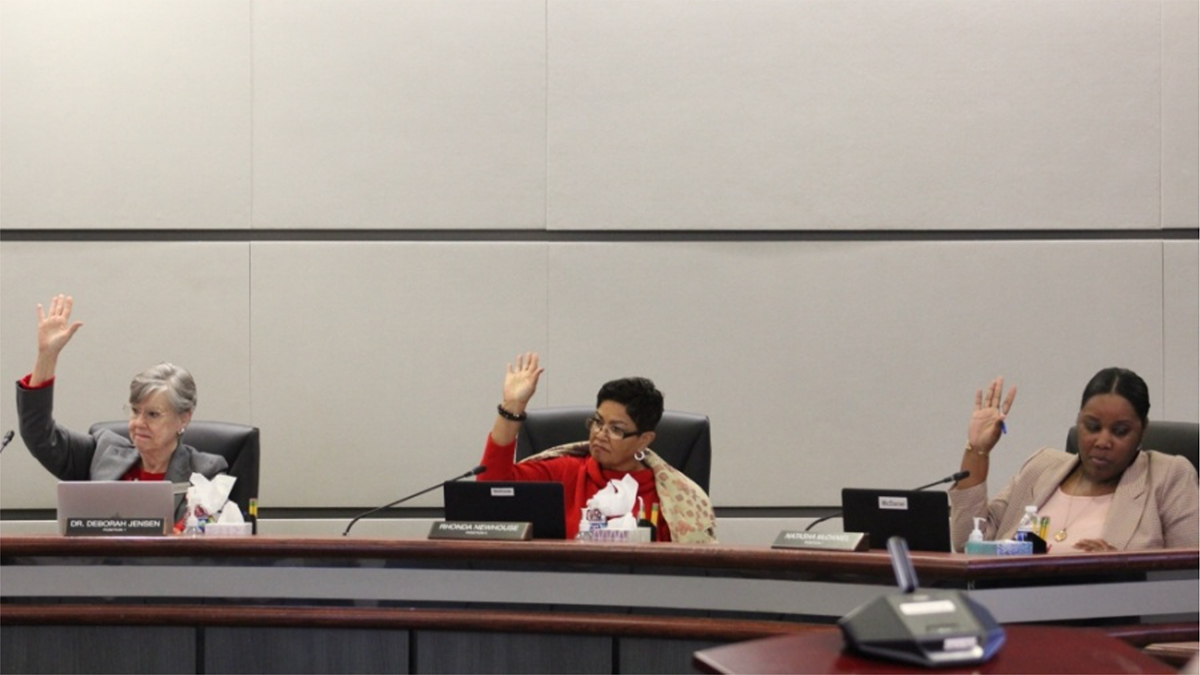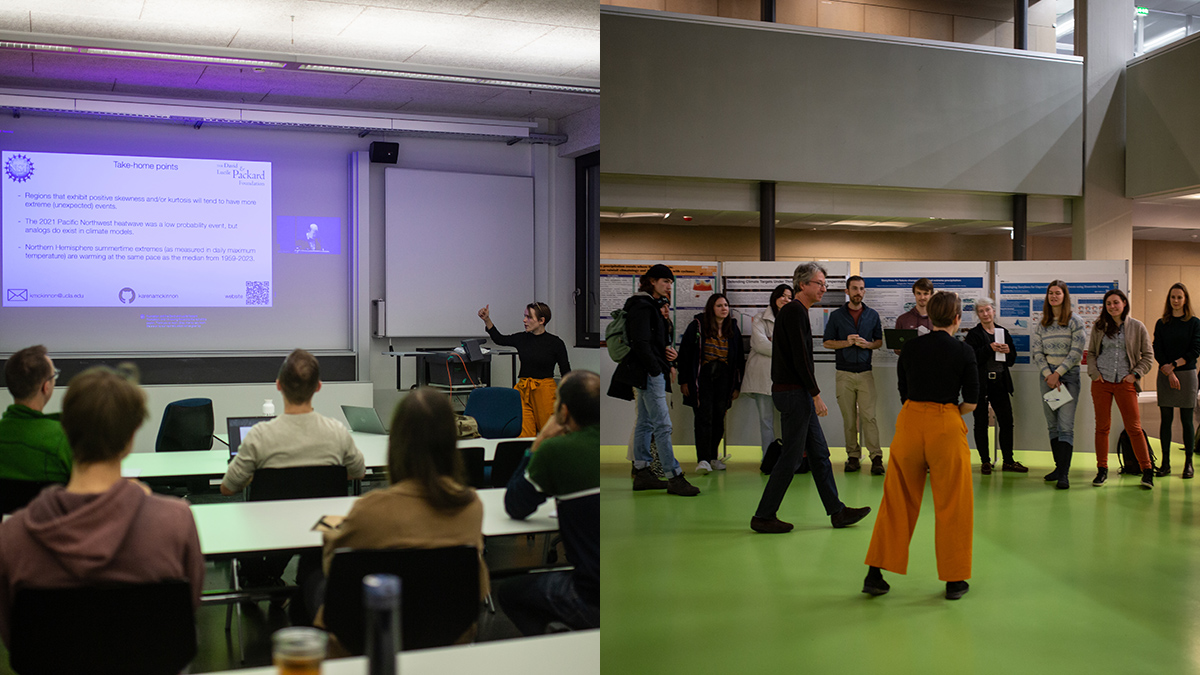A collaboration to translate Eos articles into Spanish is yielding significant increases in engagement among Latin American and other Spanish-speaking communities.
science communication
How to Get Elected Officials to Support Your Science
Whether as an officeholder or a challenger, the campaign trail is where U.S. candidates are uniquely open to new ideas. As former candidates for office, we have tips for a different kind of outreach.
A More Sustainable Way to Attend Distant Science Conferences
For AGU’s annual meeting in 2023, a virtual hub in Zürich combined remote presentations and in-person viewing groups to reduce travel but keep in-person interactions.
Cate Larsen: Teaching About Rocks
A geocommunicator uses the connective power of social media to bring geology to the masses.
Alexander Farnsworth: Finding Fact in Climate Fiction
A paleoclimatologist uses his modeling skills for both science and sci-fi.
Navigating the Rapid Rivers of Policy
Scientific data and shared commitments help define new approaches to water management and science communication.
Black Space Week Celebrates Fifth Anniversary
The annual event has grown from a viral hashtag to a global uplifting of Black experiences with space.
Is It Climate Change? Americans Mostly Say Yes
Most Americans think climate change plays some role in creating extreme weather, though their perceptions didn’t always align with scientists’.
Cerrando la brecha entre las geociencias y la seguridad nacional
La comunidad de geociencias y las agencias de seguridad nacional necesitan una comunicación efectiva y bidireccional para intercambiar información.
Sharing the Geology of the Tour de France
In short broadcasts, a team of educators brings geological knowledge to the cycling world.










